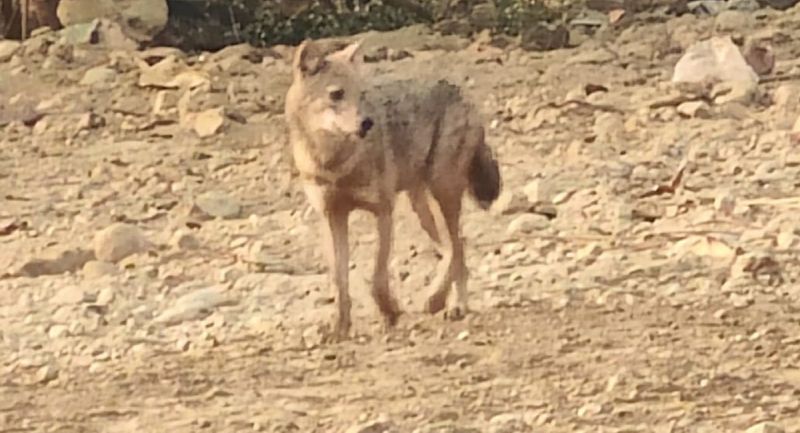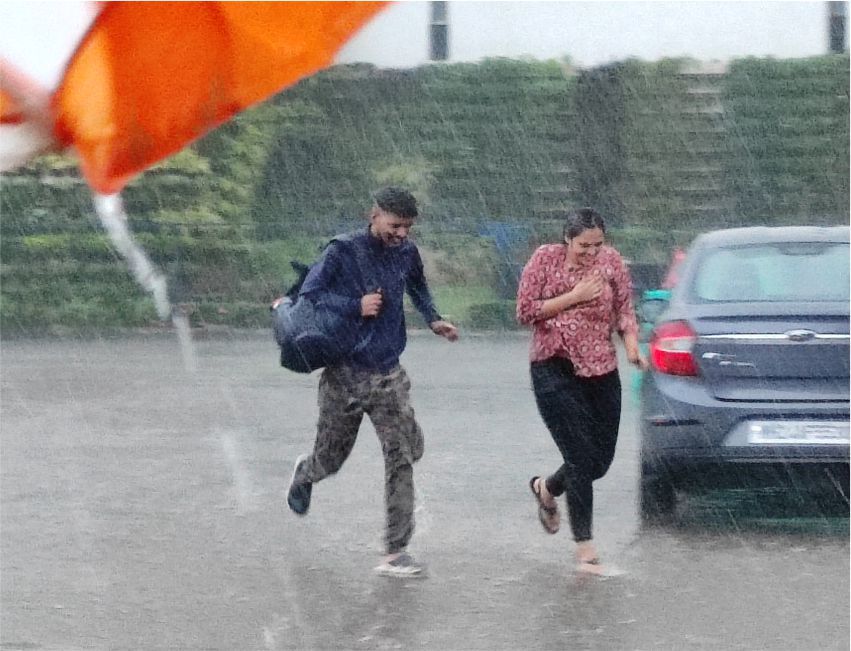Activists all for action after jackal attack in Anushaktinagar highlights mangrove destruction and habitat loss

- Indrani Basu
- 21 Dec, 2024
The recent attack by a jackal on a woman in Anushaktinagar has raised alarm among residents and sparked a debate on the impact of habitat destruction. Similar incidents have been reported in Kharghar, Navi Mumbai, where golden jackals have been frequently venturing into residential areas. The animals have even been spotted in busy locations, often moving in groups.
Animal activists attribute this phenomenon to large-scale developmental projects and rampant mangrove destruction around Kharghar, which have severely disrupted the natural habitats of these wild animals. Forced out of their homes, the jackals venture into urban areas in search of food and shelter.
Seema Tank, an animal welfare officer, commented, “The increasing presence of golden jackals in urban areas reflects the severe disruption of wildlife habitats caused by unchecked land development. As natural homes are destroyed, these animals are left homeless, leading to inevitable interactions with humans and domestic animals.”
Veterinary experts have raised additional concerns over the potential crossbreeding between jackals and stray dogs. A recent viral video of a golden jackal and a stray dog playing together highlighted the possibility of such interactions. Dr. Swaminath Dhawale from a Kharghar pet clinic explained, “Both jackals and dogs belong to the same species, Canis familiaris, and share 78 chromosomes. While their interactions may seem harmless, they pose risks, including the potential spread of rabies, as jackals are known carriers.”
The jackal involved in the Anushaktinagar attack was confirmed to be rabies-positive, further underscoring the dangers posed by these encounters. “If crossbreeding occurs, the offspring could pose a significant threat to humans and society,” warned Dr. Dhawale.
Activists are demanding immediate action from civic authorities to curb excessive construction and restore mangroves, thereby giving back wildlife their natural habitats. "The destruction of mangroves and unchecked urban expansion have brought these animals to our doorsteps. It’s time we act to protect both wildlife and humans,” Tank added.




